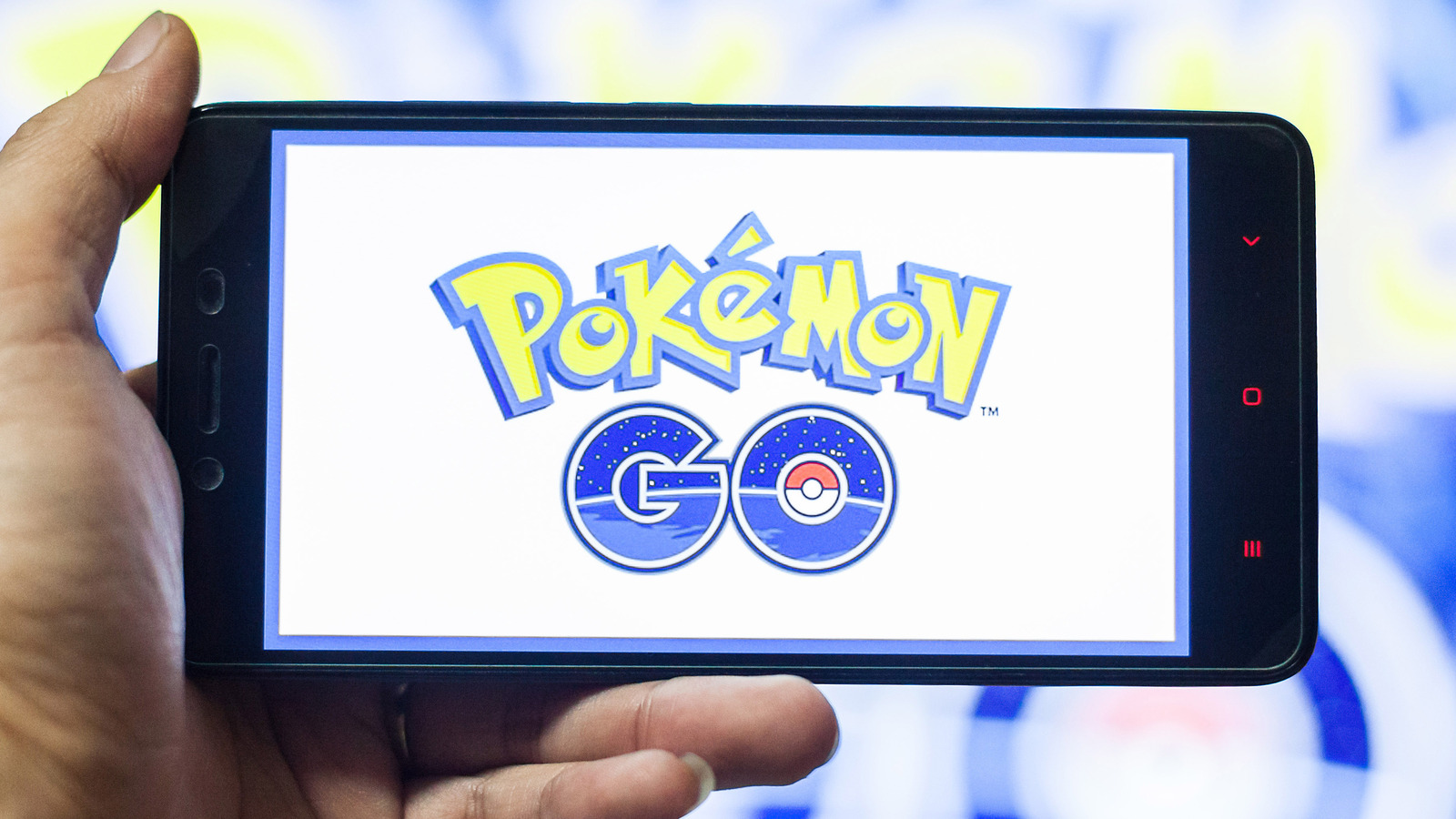The concept of augmented reality games often join pictures of people wearing headsets or glasses, running throughout the real world, and seeing reality mixed with things that don’t really exist. It might be AR to the end, but the current situation is less dramatic. For now, at least, AR games are played with cellphones that only offer small windows into this mixture of digital and physical reality.
The biggest name in this small market, of course, Niantic Labs, with “Pokemon Go” Pokemon Go is very successful and still active. The former Google company, however, does not want to be defined by the game itself and of course not with his failure, and therefore try out of the mold with a new game – which is sufficient, it might be known as a clone “Pokemon Go”.
To be fair for Niantic Labs, “Pokemon Go” is not the only success. The company starts with a less-known AR mobile game called “Ingress,” which does have small followers but loyal. The game was incubated inside Google before the search giant was divided into various companies under the alphabet, but Niantic immediately went to walk to walk down the road itself, and with newer and more profitable games in manufacture.
“Pokemon Go” combines the support based location “Ingress” with gameplay that really makes people go outside and take a walk. This game is the most successful and still active company game for now, and that is partly blessing around one of the most popular franchises in the world. That said, Pokemon is not the only popular IP that has been tried Niantic Labs to turn into a cup of cash, and previous efforts prove that popularity does not always translate success.
Pokemon meets Tamagotchi
Apart from his chances, Niantic bravely stepped into the new area, which sounded too familiar. “Peridot” is a game that seems to combine the theme of pet generator of people like Tamagotchi with the core game mechanism “Pokemon Go.” The aim for the players is not only to “catch them all,” but to truly grow and maintain digital beings. Many details are still covered in mysteries, including whether you can increase some “points” (short for peridot, virtual pets in the game) and if there is a form of battle involved.
There must be many elements of exploration and collecting goods, at least based on the description of Niantic, and the catch of the home screen shows a lot in common with “Pokemon Go.” However, this can make interesting formulas, especially for those who want to escape the world of Pokemon.
It does not guarantee the game will succeed where the more established property fails. “Harry Potter: united wizards,” although based on a global famous franchise, failed to capture imagination and players, partly because it tastes too like “Pokemon Go.” Likewise, “Catan: World Explorers” never even managed to get out of the door because Niantic became too ambitious with the features they wanted to apply.

